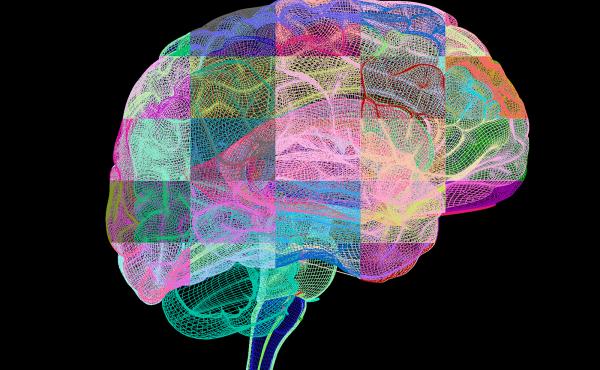At the University of Barcelona, researchers unveiled a new pharmacological pathway for the treatment of Alzheimer’s disease (AD). In the new study, inhibiting the enzyme soluble epoxide hydrolase in rodents led to a decrease in neuroinflammation associated with the neurodegenerative condition.
The findings, released online in the peer-reviewed journal Neurotherapeutics, also indicate that the new therapeutic strategy could lessen the neuronal damage caused by neurodegeneration.
“The inhibition of the enzyme soluble epoxide hydrolase (sEH) has demonstrated clinical therapeutic effects in several peripheral inflammatory-related diseases, with 3 compounds in clinical trials,” the findings read.
“However, the role of this enzyme in the neuroinflammation process has been largely neglected. Herein, we disclose the pharmacological validation of sEH as a novel target for the treatment of Alzheimer’s disease.”
For the new study, Spanish researchers used an unconventional approach targeting the inflammatory processes in an effort to treat the effects of Alzheimer’s disease. The approach is distinct from previous focus toward amyloid-beta and other related pathology.
“Evaluation of cognitive impairment and pathological hallmarks were used in 2 models of age-related cognitive decline and AD using 3 structurally different and potent sEH inhibitors as chemical probes. sEH is upregulated in brains from AD patients,” according to the study’s co-authors.
In the results, central sEH inhibition yielded beneficial effects toward cognitive decline, neuroinflammation and amyloid/tau pathology, all of which are hallmarks of Alzheimer’s disease.
“This study suggests that inhibition of inflammation in the brain by targeting sEH is a relevant therapeutic strategy for AD,” the co-authors concluded.
Aside from Alzheimer’s disease, the Spanish research group is looking at the potential beneficial effects of new inhibitors of sEH for the treatment of neuropathic pain, acute pancreatitis, and Niemann-Pick type C disease.


